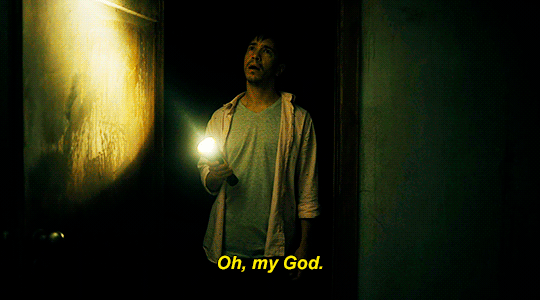I’m sure my house is worth more than the houses on either side of me. The lady who owned one died and apparently there’s no clear line of inheritance, so it’s been empty for years. We’re not sure what happened on the other side, probably a foreclosure, but the family who lived there left in a real hurry and then some squatters lived there for a while.
We have a relatively modest ranch house built in the 1980s, so it’s not exactly up to code these days. Three bedrooms, 1600 square feet, no basement, unfinished attic. The much larger squatter house is worth far less than ours because the inside is just wrecked. I wouldn’t even trust standing on the second floor based on the photos I’ve seen on Zillow.
Buy it and expand your lot size
Serious answer: If I could afford to and put low-cost housing there, I absolutely would.
Atlantic - News Source Context (Click to view Full Report)
Information for Atlantic:
MBFC: Left-Center - Credibility: High - Factual Reporting: High - United States of America
Wikipedia about this sourceSearch topics on Ground.News
The Atlantic is basically a news magazine for wealthy households. Kind of bonkers to describe it as “center-left” unless you think that factual reporting makes something left of center.
I think you just don’t recognize your own bias.
Allsides has them as pretty far left.
Adfontesmedia says they alternate between center and very left-biased articles.
MBFC is actually one of the more generous ones, saying center-left.
They do sometimes publish, say, environmentalist-oriented articles.
They don’t ever publish stuff calling for a redistribution of power from capital to labor.
I’m assuming they all measure in American left/right, nor actual left/right
MBFC does think that, yes.
The wealthy have been using housing as its own stock market/for money laundering and artificially inflated it. Similar to Tesla. And it’s partially subsidized by us, the poor person buying their inflated houses.
If you’re in Oregon or Washington and west of the Cascades your house is worth what it’s valued. The wildfire threat almost entirely stops at the mountains.
Unfortunately the smoke doesn’t but it looks like the rest of the continent is getting it lately too.
That area has its own hazard, in the form of earthquake risk.
True, but as far as anyone knows that’s not a risk amplified or mitigated by climate change. Shouldn’t affect prices like a growing wildfire or hurricane threat would
It’s not affected by climate change, but it’s a risk which wasn’t known when a lot of the area was built up. There’s a very real potential of people realizing the risk and making decisions to reduce their exposure.
RIP Florida.
Detroit could be a gold mine.
The insurers are onto it. They don’t want to ensure those houses.
Detroit definitely is. Stuff is cheap there and things are turning around, just doesn’t have the momentum or wider recognition of any of this yet.
There’s a reason why Portland Oregon was so well known for being weird. Parts of the city were dingy for a long time but if you were glass half full about that it meant living there was affordable. All the poor creatives could live in a city open to change, not just the folks with high paying bullshit jobs that normally are the only ones who can afford to live close to work in the city.
If I had the money to invest in some real estate, I would have bought stuff in the Detroit area since it’s got all the same ingredients to be the next Portland
Detroit still has the crime though, even the nice areas have trouble every now and then.






